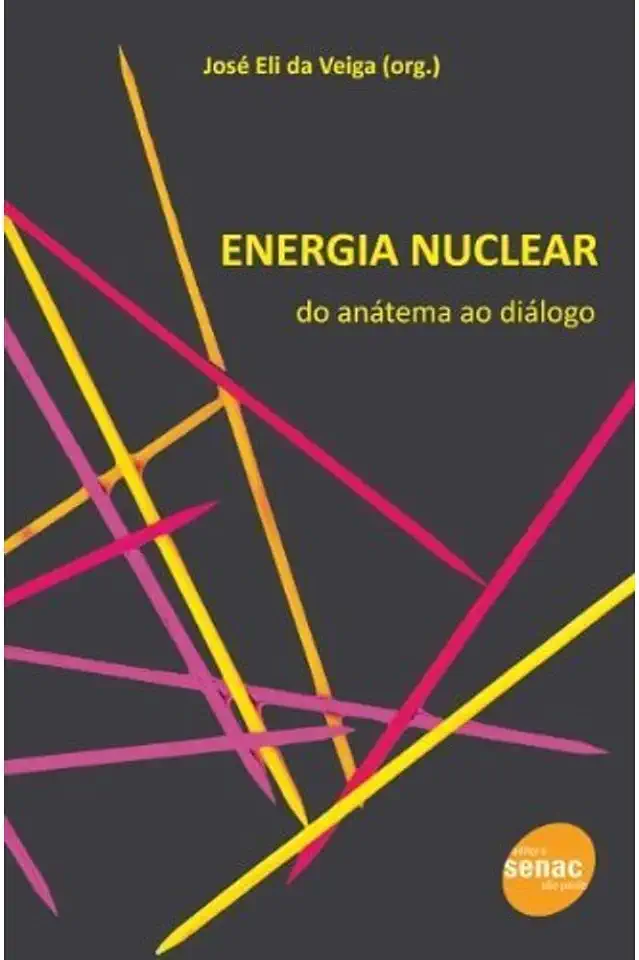
International Power Blocks - Rogério Haesbaert
International Power Blocks: A New Perspective on World Politics
Introduction
In his groundbreaking book, International Power Blocks, Rogério Haesbaert offers a new perspective on world politics by arguing that the global order is not simply a product of the interactions between states, but rather is shaped by the formation of power blocs. These power blocs are defined as groups of countries that share similar economic, political, and cultural interests and that cooperate with each other to achieve their common goals.
The Rise of Power Blocs
Haesbaert argues that the rise of power blocs is a relatively recent phenomenon, dating back to the end of World War II. The Cold War, in particular, saw the emergence of two superpowers, the United States and the Soviet Union, each of which led a bloc of countries aligned with its interests. In the post-Cold War era, the United States has emerged as the sole superpower, but it has faced increasing challenges from other rising powers, such as China, Russia, and the European Union.
The Structure of Power Blocs
Haesbaert identifies three main types of power blocs:
- Core countries are the most powerful countries in a bloc and play a leading role in shaping its policies.
- Peripheral countries are less powerful countries that are dependent on the core countries for economic, political, and military support.
- Semi-peripheral countries are countries that are in between the core and the periphery and that play a mediating role between the two.
The Impact of Power Blocs on World Politics
Haesbaert argues that the formation of power blocs has a profound impact on world politics. Power blocs shape the global economy, the balance of power, and the course of international relations. They also play a role in shaping the identities of countries and their citizens.
The Future of Power Blocs
Haesbaert concludes by speculating on the future of power blocs. He argues that the rise of China and other emerging powers is likely to challenge the dominance of the United States and lead to a more multipolar world order. This, in turn, is likely to make the world a more complex and unpredictable place.
Conclusion
International Power Blocks is a must-read for anyone interested in understanding the changing nature of world politics. Haesbaert's analysis is insightful and thought-provoking, and his book provides a new way of thinking about the global order.
Why You Should Buy This Book
If you are interested in learning more about the changing nature of world politics, then I highly recommend that you buy International Power Blocks. This book is a must-read for anyone who wants to understand the global order and the challenges that it faces.
Here are a few reasons why you should buy this book:
- It is well-written and engaging. Haesbaert's writing is clear, concise, and accessible to a wide range of readers. He also does a good job of weaving together theory and evidence to support his arguments.
- It is thought-provoking. Haesbaert's analysis of power blocs is both original and insightful. He challenges conventional wisdom and offers a new way of thinking about the global order.
- It is relevant to current events. The rise of China and other emerging powers is one of the most important trends in world politics today. Haesbaert's book provides a valuable framework for understanding this trend and its implications for the future of the global order.
If you are interested in learning more about the changing nature of world politics, then I highly recommend that you buy International Power Blocks. This book is a must-read for anyone who wants to understand the global order and the challenges that it faces.
Enjoyed the summary? Discover all the details and take your reading to the next level — [click here to view the book on Amazon!]